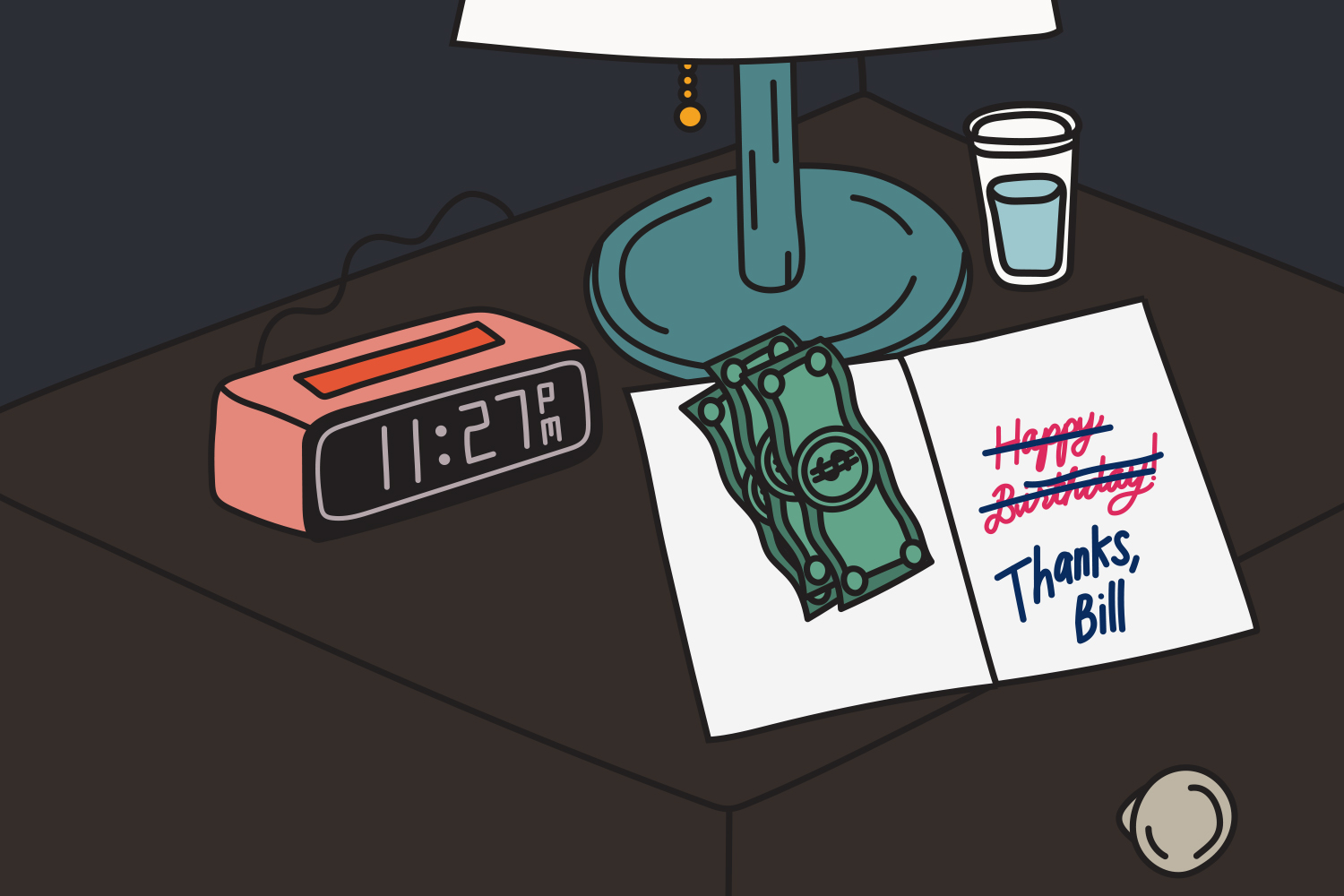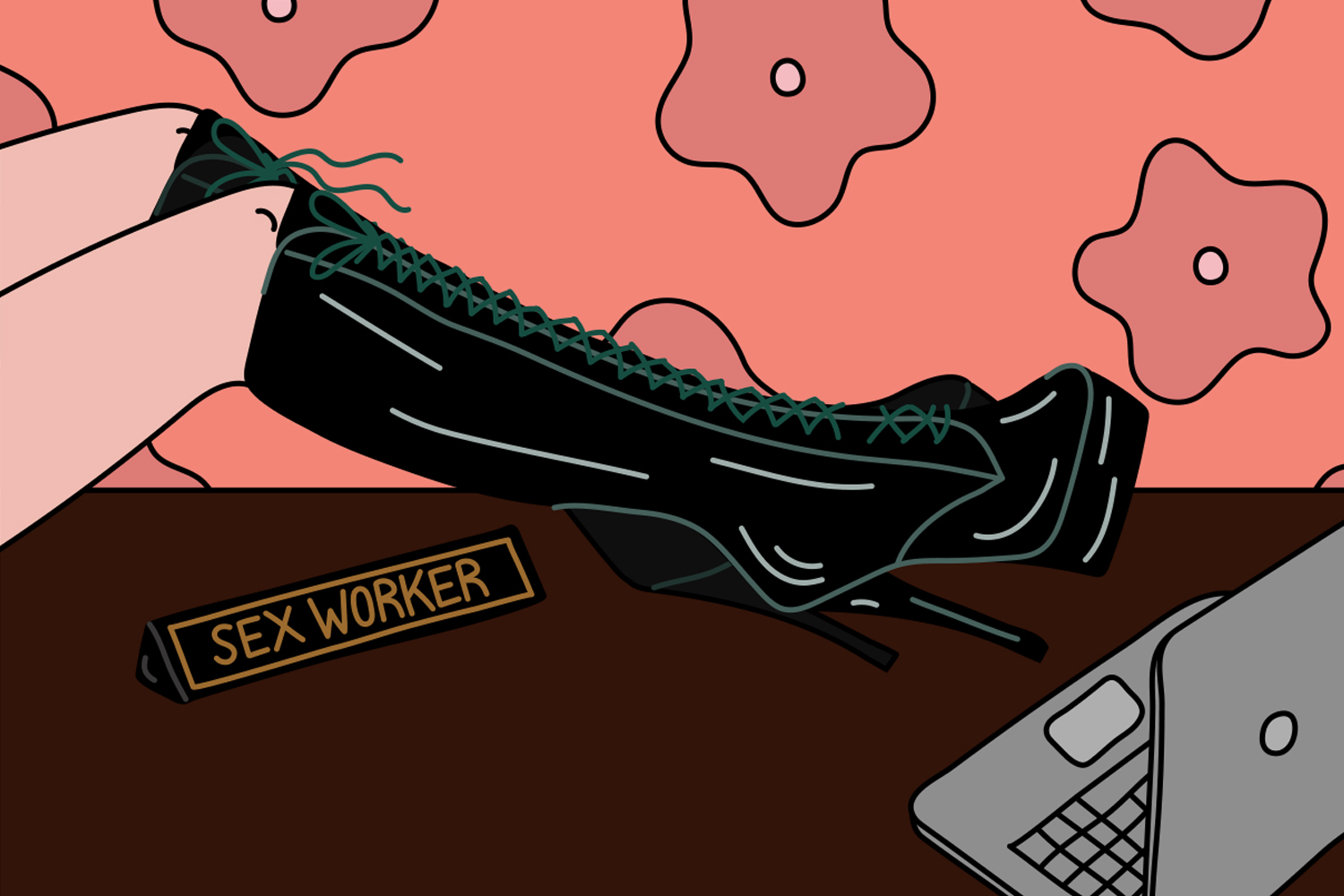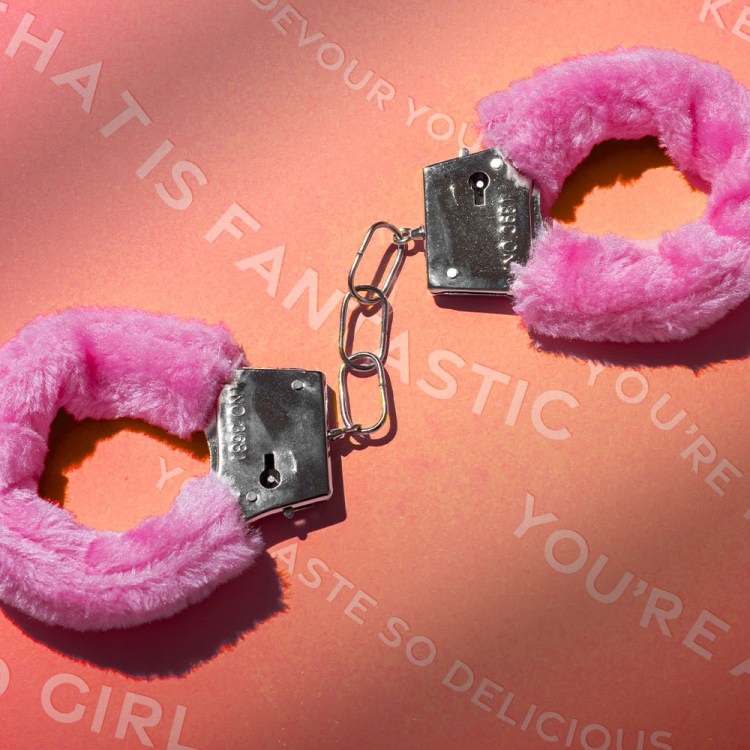My post-pandemic wish for straight men is for you to embrace strip clubs. This is probably a wasted wish, if post-pandemic wishes really are a thing, but it’s what I want for you.
Whenever the topic of strip clubs comes up, most men that I know — even, and perhaps especially, those among a certain category of young, well-meaning Millennials and Gen-Zers who consider themselves sufficiently “woke” male feminists — can’t seem to distance themselves from the idea soon enough. They’re always eager to express their indifference for strippers and their craft, to talk about how they’re “really just not that into strip clubs,” or they went to one once for a bachelor party, but didn’t really like it. Among today’s generation of young, socially conscious men, strip clubs seem to represent — at best — a throwback to a bygone era of sexuality, a form of entertainment enjoyed by their fathers and their fathers’ fathers, but which today’s class of more evolved gentlemen only approach ironically, if not begrudgingly.
Reese Piper, a writer with four years of experience in the nightlife industry, has noticed it too. “When I tell guys that I’m in the process of retiring from stripping, often their first response is that they don’t go to strip clubs.”
I get what these men are trying to do — or think they’re doing. They think that by rejecting strip clubs and the women who perform in them, they’re being “better men” than their forefathers by not “objectifying women.” To these men, strip clubs are a tawdry, dated destination for a certain kind of uncouth brute where no woman-respecting gentleman would be caught dead outside of a bachelor party they’ll be quite eager to remind you they attended only with the utmost reluctance. These — I believe well-meaning — men think they’re being progressive icons of modern male feminism. Unfortunately, what they’re actually being is whorephobic. Breaking: You can respect women and enjoy strip clubs. You can literally do both of those things at the same time. In fact, if you think that going to a strip club sullies your good woman-respecting name, then — hate to break it to you — you probably don’t really respect women at all, since you can’t seem to bring yourself to respect strippers.
As the sex workers’ rights movement continues to increase in visibility and intersect with mainstream feminism, it’s an admittedly confusing time for your casual male feminist. Chapter One of the Gentleman’s Guide to Modern, Non-Toxic Masculinity tells you not to objectify women, and yet here I am, lambasting you for not eagerly throwing money at women taking their clothes off in strip clubs. You’ll be forgiven if this seems like mixed messaging. The anti-strip club aversion I’ve noticed among my male Millennial and Gen Z peers has parallels to a trend Sessi Kuwabara Blanchard pointed out for MEL magazine last year among “woke boys” who know, intellectually, that they should support sex work and sex workers, but who balk at the idea of actually paying for their services.
These mentalities, Piper notes, are reflective of the ways in which whorephobia affects not just women and sex workers (a term with which many strippers identify) but also the men who seek their services. “Whorephobia is the fear and hatred of sex workers, but it’s also the disgust of clients and the exchange between us,” Piper tells InsideHook. “I think there has always been a disgust of men who pay for sexual services. There has certainly been a shift in how sex workers are perceived in the last decade or so with the rise of social media, but I don’t think that shift has extended to clients,” she says, adding that, “movies like Hustlers, which paint customers as predatory and deserving of theft, definitely don’t help.”
That said, Piper notes that the strip-club aversion I’ve noticed among among my straight male peers may be less generational than it is classist. “It’s important to understand how whorephobia intersects with class,” she tells InsideHook, noting that mentalities surrounding strip clubs and sex work are largely “class, race and location-dependent.”
“Strip clubs are seen as dirty places where poor women work. Even though they can be expensive and dancers can make a lot of money, it doesn’t carry cultural capital,” she says. “In the rural areas, especially in areas where strip clubs are the only form of entertainment for miles, there’s less shame about visiting one. Particularly since many of the men in these communities have sisters, mothers, girlfriends and female friends who work in the clubs.” However, she adds, “I agree that many straight, young, white men in New York City who hail from upper-middle-class backgrounds want to distance themselves from the stigma of strip clubs,” a stigma that affects not only the women and sex workers who perform in those clubs, but also those who seek their services.
“I think men feel embarrassed about admitting they visit sex workers,” says Piper. “Maybe they fear it signals lack of desirability or inability to pick up a girl for ‘free,’” something Piper herself admits she can relate to, even as a queer woman. “When I was exploring my bisexuality, I thought about hiring an escort or visiting a club — obviously not one I worked at,” she adds, “and I was surprised by how ashamed I felt.”
That said, as Piper notes, “what people say and what people do are two different things,” and while young men of a certain social standing may outwardly proclaim indifference for the strip club scene in the interest of protecting their good, woke male feminist name, there’s no shortage of them among nightlife clientele. While Piper admits that most of her clients “are usually white businessmen between the ages of 40 and 60,” she doesn’t feel that’s necessarily indicative of a deficit of strip club patronage among younger men. “I have a ‘girl next door’ look,” she explains, “so I don’t attract younger clients. But it’s different for everyone,” she adds, noting that some of her colleagues regularly perform for young men in their 20s and 30s. “Different dancers attract different age groups.”
When younger clients do show up, however, Piper often finds herself more annoyed by their woke posturing than anything. “Many men worry that I’ve been abused in my past or are being coerced into working there. They often want reassurance that I’m there on my own volition, that I enjoy my work, and more often than not won’t buy a lap dance unless I showcase desire for them,” she says. “This is not only patronizing, but it requires me to do more emotional labor in securing the sale. I have to work harder to pretend to be enthusiastic about lap dancing in order to fit within their black-and-white ideas of consent,” she adds, noting that many sex workers, including Charlotte Shane, “have talked publicly about how violating this can be.”
“I think it’s hard for non-sex workers to understand this,” Piper adds, “but after a few years on the job, I would have rather dealt with a predatory client than one who wanted constant reassurance that I was attracted to him.”
So what are you, a well-meaning male feminist who just wants to respsect women, to do?
Pay strippers. Pay them with money.
For one thing, pay sex workers — and pay them well.
In fact, Aria Carson, an adult entertainer with a background in stripping who disagrees with my thesis almost entirely, doubts that men who express an aversion toward strip clubs really have any feminist qualms at all, and believes most are simply reluctant to spend the kind of money it takes to be a good strip club patron. “I have yet to meet a man who doesn’t want to go to the strip club for feminist reasons and for the well-being of women,” she says. Rather, Carson says she more frequently encounters men lamenting the fact that strip clubs aren’t what they used to be. “I think in translation, it just means they can’t walk in with $50 and walk out happy,” she says, “If we could meet in the middle and let these men know you have to throw some dollars and not just sit for free in your sweatpants, maybe they would be embarrassed of their cheap selves and stay home.”
“Don’t come into the club unless you’re planning on spending money,” echoes Piper. “Understand that strippers don’t get paid a base salary to work. We actually have to pay the club and start each shift in debt, sometimes hundreds of dollars in debt. If you don’t want to get a lap dance, then make sure you tip someone onstage or pay a dancer for her conversation. Lots of men come in and just hang out and never open their wallets, which feels like loitering to me and can be really frustrating.”
Just because you paid a cover for the club doesn’t mean you’re entitled to free entertainment for the rest of the evening. “Whenever men go to the strip club, they should always have enough money for the night,” says Carson. “If you plan to stay, you should plan to pay.”
Suspend your disbelief
As a woke boy raised on the virtues of “enthusiastic consent,” you might be looking for the stripper who performs your lap dance to first express just how excited she is to be performing this act for you, and you specifically. But as Piper noted, this can often result in more emotional labor for the performer. This is not to say that strippers and sex workers cannot freely give and rescind their consent for any act at will, just like anyone else. They can, will and should. But at the same time, you need to recognize that a stripper is performing a job. They don’t need to profess their undying love or attraction for you to perform that job consensually. They’re not your girlfriend, and they’re not getting paid to provide the “girlfriend experience,” though that’s something else you can and should pay for, if you’re so inclined.
“Clients should treat strip clubs like movies. In order to escape into a film, it’s important that you suspend your disbelief. You don’t need it to be ‘real’ in order to enjoy yourself — unless you’re someone who only enjoys documentaries,” says Piper. “Stripping is a fantasy. Clubs offer a contained space for someone to feel wanted, special and sexually desired. There’s no need to break the fourth wall in order to have fun — which is just a fancy way of saying just relax and respect the performance.”
A few other basic points of human decency to keep in mind
We’ve covered most of the more nuanced aspects of straight male strip club etiquette, but here are a few more basic reminders about how to be a normal human being functioning in polite society, just in case you forgot.
Once again, please pay dancers for their labor, like you would literally any other professional. And if you don’t plan to, please at least have the decency to hide in the back like a college student who didn’t do the reading. “Don’t sit up front if you don’t intend to tip,” says Carson. “Don’t yell at the dancer. Don’t touch the dancer. Do ask politely if you can have a dance. Do ask if she would like to have a conversation — and ask with money; compensate her time.”
“Don’t ask for their real name,” adds Piper. “Don’t ask to meet up after work. Have a good time.”
Most importantly, you should know when to leave. If you’re not sure, feel free to look to your wallet for reference. As Piper puts it, “Leave when you’re out of money.”
Happy post-pandemic strip clubbing, boys. Tip well.
This article was featured in the InsideHook newsletter. Sign up now.
























